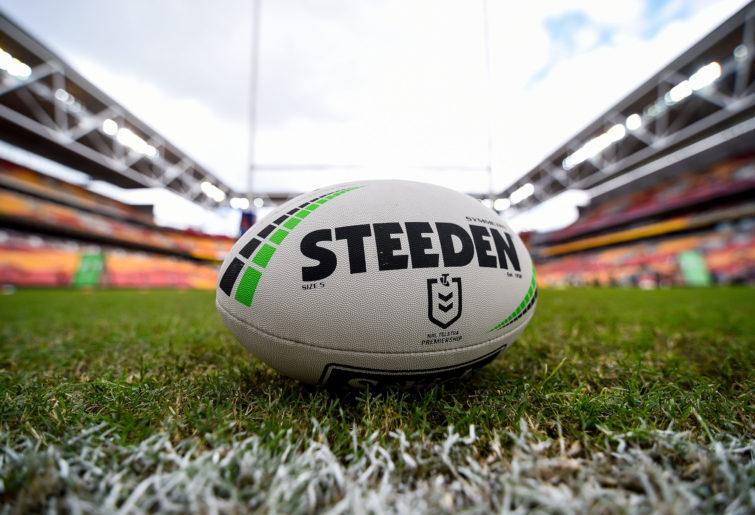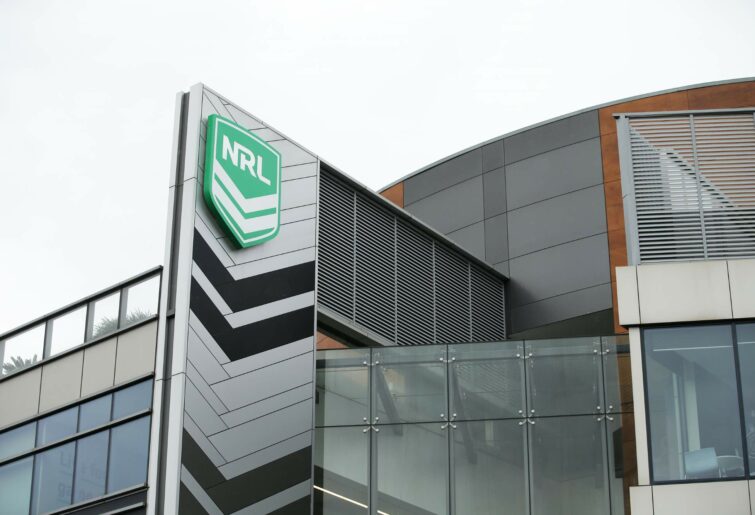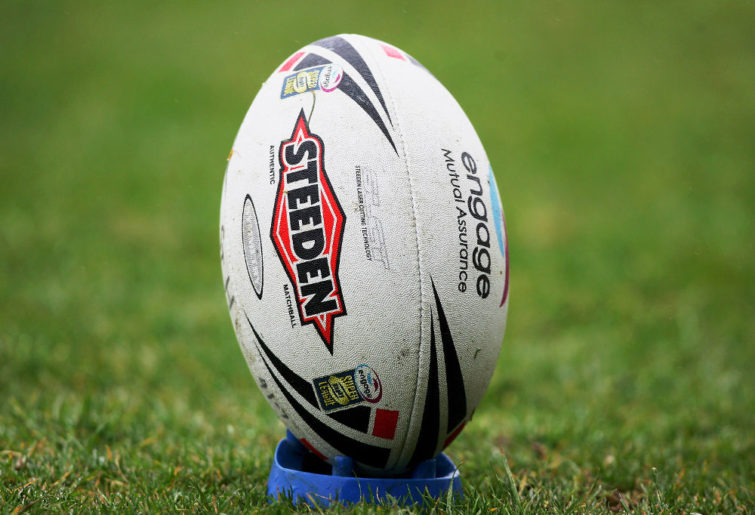Back in the mists of time and a different world, before anybody had heard of COVID-19 and when travelling interstate or overseas for meetings was still a common thing in my profession, work occasionally took me north to Port Moresby.
Like much of PNG, it’s a wild and beautiful place. Within the bubble of gated hotels and residential communities patrolled by armed guards, I knew nothing but the most generous hospitality.
But there was always some trepidation, and I rarely emerged from behind those guarded gates, never walked down the street alone, visited a shop, sampled the local cuisine or caught a cab. It just wasn’t worth the risk.
On my first visit, a locally based colleague was carjacked in central Moresby on his way to our meeting. While it was shocking, it wasn’t surprising given the official travel advice (he was okay, if you’re wondering). Others told stories of trying to sleep amid the sound of gunfire on nearby streets. The less official advice to some travellers was to not stop for the police if possible.
Hell of a city, Port Moresby. Demi-paradise, chaotic, crime-ridden mess, a place that’s appeared at or near the top of numerous lists of the world’s most dangerous cities.
For some it’s also the presumptive home of a future NRL team.
And here’s the thing: I’m one of them. Some other members of this curious club have very prestigious titles. They include current and former prime ministers, senior diplomats and captains of industry. Why is that?

(Photo by Albert Perez/Getty Images)
The importance of Papua New Guinea
For a start, Australia’s heavily invested. PNG is by far the single biggest recipient of Australian development assistance, with $479.2 million budgeted in 2022-23. And with good reason – a PNG that is at least semi-functioning is in our national interest.
They’re our nearest neighbour and a bridge to Australia. One of Australia’s remotest outposts, Saibai Island in the Torres Strait, sits just four kilometres from the coast of PNG’s Western Province.
The international border within the Torres Strait protected zone is an arrangement unique in world affairs and its operation is important to Australian interests in terms of public health, biodiversity, agriculture, fisheries, migration and law enforcement.
None of this is anything new – it’s been bipartisan federal policy for decades. While the details change from time to time, the importance of PNG doesn’t.
Then there’s the struggle for power and influence in the broader Pacific region. Anybody who casually follows politics is aware of the growing influence of China. Senior folk in the diplomatic service have been worrying about it for years, and as it creeps closer it’s something even the dimmest backbencher in Canberra is increasingly aware of.
Talk of an NRL team in PNG has been around for a while now. The Hunters have been playing in the Queensland Cup for almost a decade and their participation was widely seen as a stepping stone to the NRL after the failure of PNG’s first attempt at admission.
Over the past few years, you might’ve noted an increasing urgency entering the discussion. Both the former Prime Minister, Scott Morrison, and his successor, Anthony Albanese, have weighed in, and the escalating interest at the political level has roughly coincided with proposals like the Daru fisheries plant and the ‘New Daru City’ project.
There are different versions of New Daru City and different figures quoted. The most ambitious is a $39 billion proposal by a Hong Kong firm to transform Daru, a small, impoverished port town in the northern Torres Strait, into a new city, with “a business, commercial and industrial zone, along with a neighbouring resort and residential area”.
None of this is imminent, and pulling off something as ambitious as a new city at a place as remote as Daru in a country as dysfunctional as PNG will be fiendishly difficult, but it’s certainly got the attention of some powerful people.
As Anthony Bergin and Sam Bateman at the ANU National Security College noted, “Daru is a designated PNG port of entry and is the entrance to Western Province. But it seems the [PNG] government has no real assets to monitor the area, especially boats coming along the coast from Indonesia”.
In other words, there’s a gap in PNG’s security architecture and, by extension, Australia’s. Australia can’t intervene directly without PNG’s consent and can’t afford to compete with China’s Belt and Road initiative. Hence the recent soft power offensive and, of all things, rugby league becoming a part of Australia’s geopolitical strategy in the Pacific.

(Photo by Matt King/Getty Images)
Rugby league and soft power in the pacific
There’s certainly a lot more to Australia’s Pacific strategy than soft power and rugby league. There’s hard power, including expanding local defence capability and the American arm of the AUKUS pact. But is that enough?
While Australia lacks financial heft, it has a soft power advantage that others will never possess. It’s not just shared history but also shared cultural language, values, perspectives and something indefinable that only comes from immersion and repetition.
The little things can’t be underestimated here, like the role of the Queensland government, for example. There’s been a loose network of cooperation between Queensland and PNG for more than 30 years now. It’s police officers, healthcare professionals, teachers, lawyers, clerks, scientists and sporting officials talking to each other about how things should be.
That’s the essence of soft power – influencing culture and decisions – and bit by bit things are improving. But in this uncertain world, with a powerful rival in play, we could use something more – a grand gesture of inclusion and trust, an NRL team in PNG. Is there anything else that would connect wider and more powerfully with our PNG brothers and sisters?
As Nelson Mandela once said, “Sport has the power to change the world. It has the power to … unite people in a way that little else does. It speaks to youth in a language they understand. It is more powerful than governments”.
That’s all well and good, but we do have to deal with governments here, not to mention the ARL Commission and the NRL.
As it happens, the PNG government is seemingly all in, with K30 million ($12.5 million) committed to the NRL bid over the next three years. The lead consultant to the bid, former Canterbury official Andrew Hill, remarked in August that “we’ll be looking to be ready by 2025”.
The current Deputy Prime Minister of Australia, Richard Marles, has previously written that an NRL team in PNG would put the bilateral relationship “on a different plane” and that it “must be viewed in terms of an Australian national imperative”. In early November he remarked that “now is the time”.
The two national governments are keeping expectations high, and it’s in their interests to do so, but it seems there’s a longer game here, and the ARL Commission and the NRL might be a key part of it.
Wollheim’s paradox
In the early 1960s British philosopher Richard Wollheim made the not exactly Earth-shattering observation that it’s possible to simultaneously support and not support a proposition depending on the level of community support it enjoys and the efficacy of the decision-making process.
What he was getting at is that it’s healthy for passion to be tempered and pragmatism occasionally enlivened by a collective logic, be it democratic or prudential, frustrating as it can be.
Like many who watch the NRL every week, I’ve had occasion to doubt the efficacy of decision-making at NRL and board level. There’s also a reason for confidence in the decision-making process when it comes to expansion.

(Matthew Lewis/Getty Images)
The power brokers have several million incentives to run a good process, just as they did with the Redcliffe bid when they outsourced the cost-benefit analysis and seemed to carefully consider previous, ill-fated experiences with expansion in south-east Queensland.
This is not to say they’ll get it right – like every expansion proposal there’s uncertainty and lots of variables – but it’s reasonable to expect them to be thorough. So, what will they find in PNG?
There’s lots to like – it’s a rugby league stronghold of about nine million people, and an NRL team would be wildly popular. Unlike Redcliffe, it wouldn’t cannibalise existing supporters. Unlike Perth, it wouldn’t be competing with the AFL. Unlike New Zealand, it’s not a small country infested by rugby union and already possessing a league team that’s never achieved much.
It wouldn’t just be good for rugby league; it’d be good for Australia’s strategic national interests. What’s not to like?
Well, the security situation in Port Moresby for starters. While it’s possible to live in the city for an extended period and not run into any trouble, it’s much more likely that you will run into trouble given PNG’s crime rate and shameful record of sexual violence. Why would an elite NRL player with a young family move there?
The Hunters spent two of their formative years based at Kokopo in East New Britain in part because of these issues. While Kokopo’s an island idyll, the sort of place you’d happily spend a few days on holiday, it’s remote, not easy to access and not the sort of place a young Aussie or Kiwi is likely to willingly domicile themselves.
Port Moresby it is then, which brings us to administration and the regime and culture in the capital. PNG is currently ranked 124th of 180 countries on the Global Corruption Index, and they have some very dubious company down there in the depths.
The story of former Prime Minister Peter O’Neill is a cautionary tale in itself, and the NRL would be rightly concerned about probity and transparency when it comes to the compliance of a PNG team with its integrity regime. It’s entirely possible they’d insist on the administration being based in Australia and subject to Australian laws. It’s equally possible that PNG would object to this.
I support a PNG NRL team because it would mean so much and reward what is surely the most loyal rugby league community on Earth. But if the commission and NRL do their due diligence, PNG probably won’t be the next team admitted. It’s just not worth the risk.
That said, there is some wiggle room. The threat of China that exists in parts of Australian political discourse isn’t as imperative in PNG. While the language from certain Australian cabinet ministers is ambitious, the language of longer-term development is still evident.
While it’s not explicit, PNG’s NRL prospects seem to hang on some development outcomes, including the rate of women’s participation in rugby league and a PNG NRLW team becoming at least vaguely feasible.
Female participation in league is a small part of the much broader problem of gender equality in PNG. Equality before the law and the operation of public institutions is part of being a safe and secure democracy with laws others refer to. The sort of place you trust with part of a beloved cultural institution.
The prospect of an NRL team can be left hanging as an incentive and still contribute to Australia’s interests. Soft power and all that.
The PNG Hunters are partly funded by Australian government development assistance, and that funding is locked in over the forward estimates. There’s no serious pressure on the NRL to fill the breach.
The official PNG bid is even hedging its bets, aiming to be ‘ready’ by 2025 but potentially joining the NRL much later – as late as 2030, according to officials.
When PNG officially launched its bid to join the NRL in May this year the cynical – admittedly, me included – noted the proximity of the announcement to the country’s general election.
The recently re-installed Prime Minister, James Marape, has room to use the NRL bid as a wedge domestically. If a political opponent points out why Australia would have reservations, it opens a field of rhetorical patriotism: ‘You don’t really support a PNG NRL team’, ‘You don’t believe in PNG and want us to fail’ and so on. They can blame the NRL, and so can the Australian government.
But for all that, the likes of Richard Marles are right. This is really important and about much more than the NRL’s bottom line.
Perth will probably be the 18th team. PNG will eventually get in and it’ll probably happen when administrators finally decide on rationalisation in Sydney, most likely the seemingly inevitable conclusion that the Wests Tigers are a lost cause.
PNG will be the 18th team the second time around.































































































